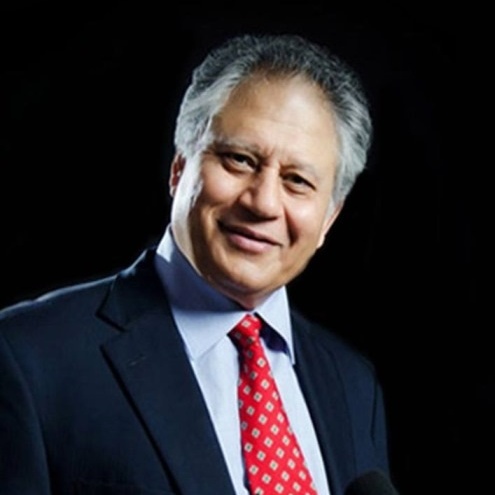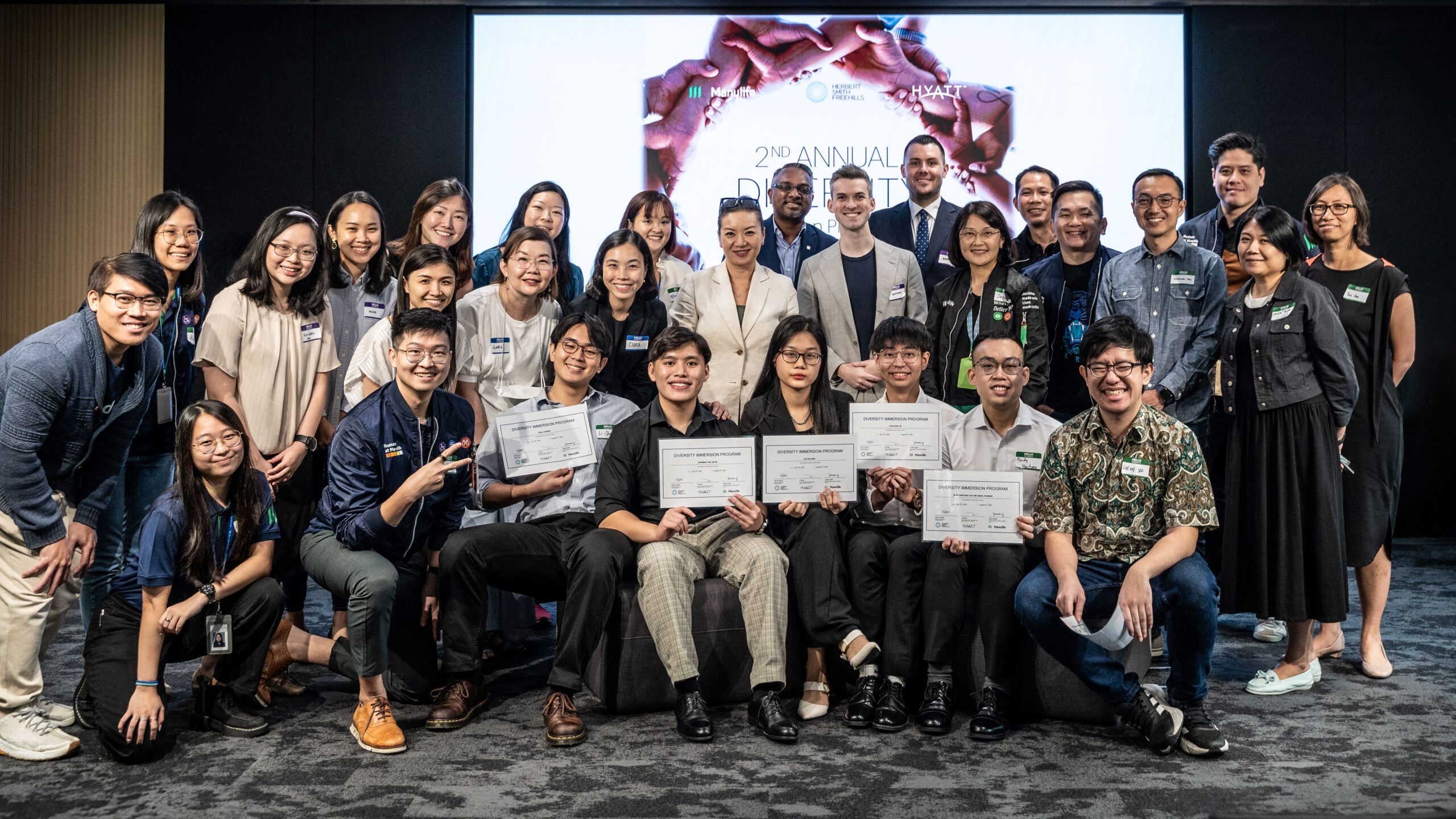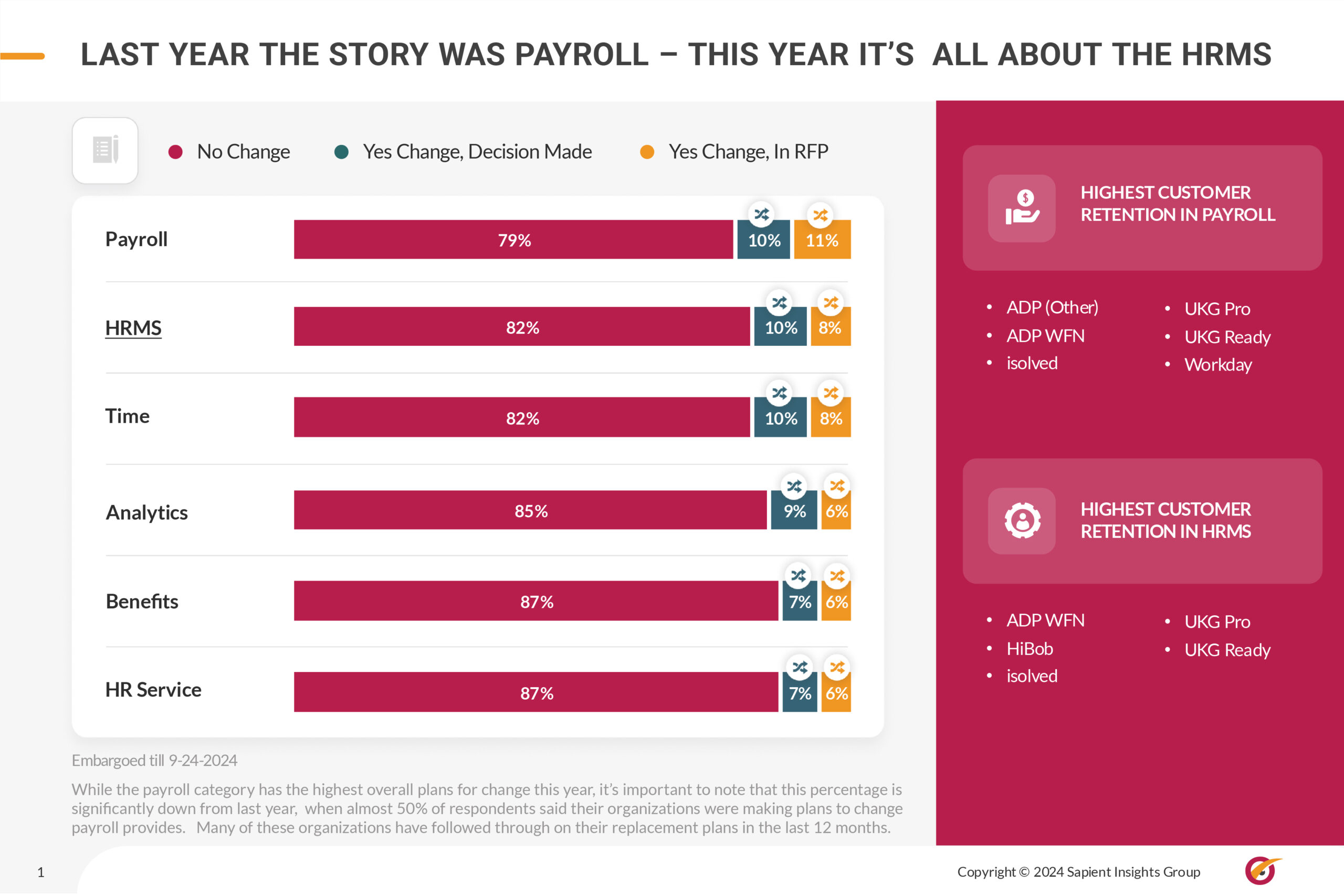How to master success and achieve more in 2023
- HRM Asia Newsroom

The amount of information we get in one day today, we did not get over the past hundred years. With the speed of change, products are getting obsolete the day they are getting launched. Knowledge is getting obsolete within two to three years. By the time an engineering or a medical graduate gets into the fourth or fifth year, what they had learnt in the first year becomes obsolete.
It has literally become a cliché that the only constant is change. With this scenario, either we are in deep trouble or there is a great opportunity for those who are prepared.
However, the question is, “How do we prepare ourselves for the unknown?” Is there anything other than change which is constant? If there is, and if we master the constants; we shall be prepared for the unknown.
Other than change, there are three major things that are constant:
- People Skills
- Persuasion Skills
- Prioritising Skills
I strongly feel that the only people who will succeed in the future are those who master the above three skills. They have never changed and will never change.
Why people skills?
All over the world, we find that we do not have business problems, we have people problems; and when we take care of our people problems, most of our business problems are automatically resolved.
We are hired for our skills but fired for our behaviour. The lower a person is in life, 90% of their time goes into technical skills and less than 10% goes into people skills. The higher a person rises in life, guess what happens? It reverses; 90% of their time goes into people skills and less than 10% goes into technical skills. Technology and technicians can always be bought with money; but the wealthiest person in the world must build and create relationships.

“All over the world, we find that we do not have business problems, we have people problems; and when we take care of our people problems, most of our business problems are automatically resolved.” – Shiv Khera
Why do we go to a doctor or a mechanic 10 miles away by passing 10 other people on the way? Are they the most qualified? Probably not, but something says, “We are dealing with the right person”. What is that ‘something’? It is trust; which, in many ways, is a much greater compliment in life than love. There are people we love; but we cannot trust.
People skills includes one major thing: emotional strength. With emotional strength emerges stability, balance, trustworthiness, and builds good relationships. The ability to recognise and control our own emotions prepares us to deal with other people’s emotions effectively, which, in turn, helps build strong relationships.
Unfortunately, today’s generation has become very comfortable with technology; but they have become uncomfortable with people. Every transaction, be it B2B or B2C, comes down to the very basic – P2P (People to People). People prefer to deal with people they are emotionally comfortable with. That is why Emotional Quotient (EQ) has become way more important than Intelligence Quotient (IQ).
To succeed in life, we need both skill and will. Skill is ability, will is attitude. Ability along with the willingness and desire to do a job is called competence. There are many skillful people in the world who are totally incompetent. Competency includes both skill set and mindset. One without the other is useless.
Why persuasion skills?
Persuasion is the ability to influence, convince, negotiate, and sell. Is it not a prerequisite for everyone? For example, a candidate at a job interview, a boy and a girl proposing to get married, a lawyer arguing in front of the Judge, a politician giving speeches to get votes; are they not all persuading?
There is a myth that says, “In order to succeed, one needs to learn the tricks of the trade.”
Professionals learn the trade; they leave the tricks to the cheats and crooks. Professionals realise that, in life, results are rewarded; efforts are not. We judge ourselves by our intentions; but the world judges us by our actions.
Why prioritising skills?
The number of time-saving devices we have today is more than we have ever had in history. Yet, we do not have time. Why? Because somewhere, we must have messed up our priorities.
Whenever we mess up our priorities; we forget to distinguish between:
- What is urgent? and What is important?
- What is negotiable? and What is non-negotiable?
- Earning money and Making money
Urgent may or may not be important, and important may or may not be urgent. Interestingly, whenever we ignore what is important, it always becomes urgent. For example, health is important but not urgent. Exercising every day is important but it is not urgent. If I have a crucial meeting tonight and I cannot exercise, it is not the end of the world. But if I ignore my health long enough, I will land up in a hospital. Similarly, relationships are important, not urgent; but if we ignore relationships long enough, we start talking through our lawyers.
Furthermore, some things are just not negotiable. For instance, values – what we would stand for, and what we would stand against. If we look at the life histories of some of the greatest leaders of the world, we will find that they were never neutral on values. They either stood for something, or against something.
Lastly, we need to understand the difference between making money and earning money. When we earn money, we put our energy and ethics behind it. Sadly today, most people want to make money, very few want to earn it.
Master the above skills and become unstoppable.
About the author: Shiv Khera is an speaker, educator, and author of the book You Can Win.






